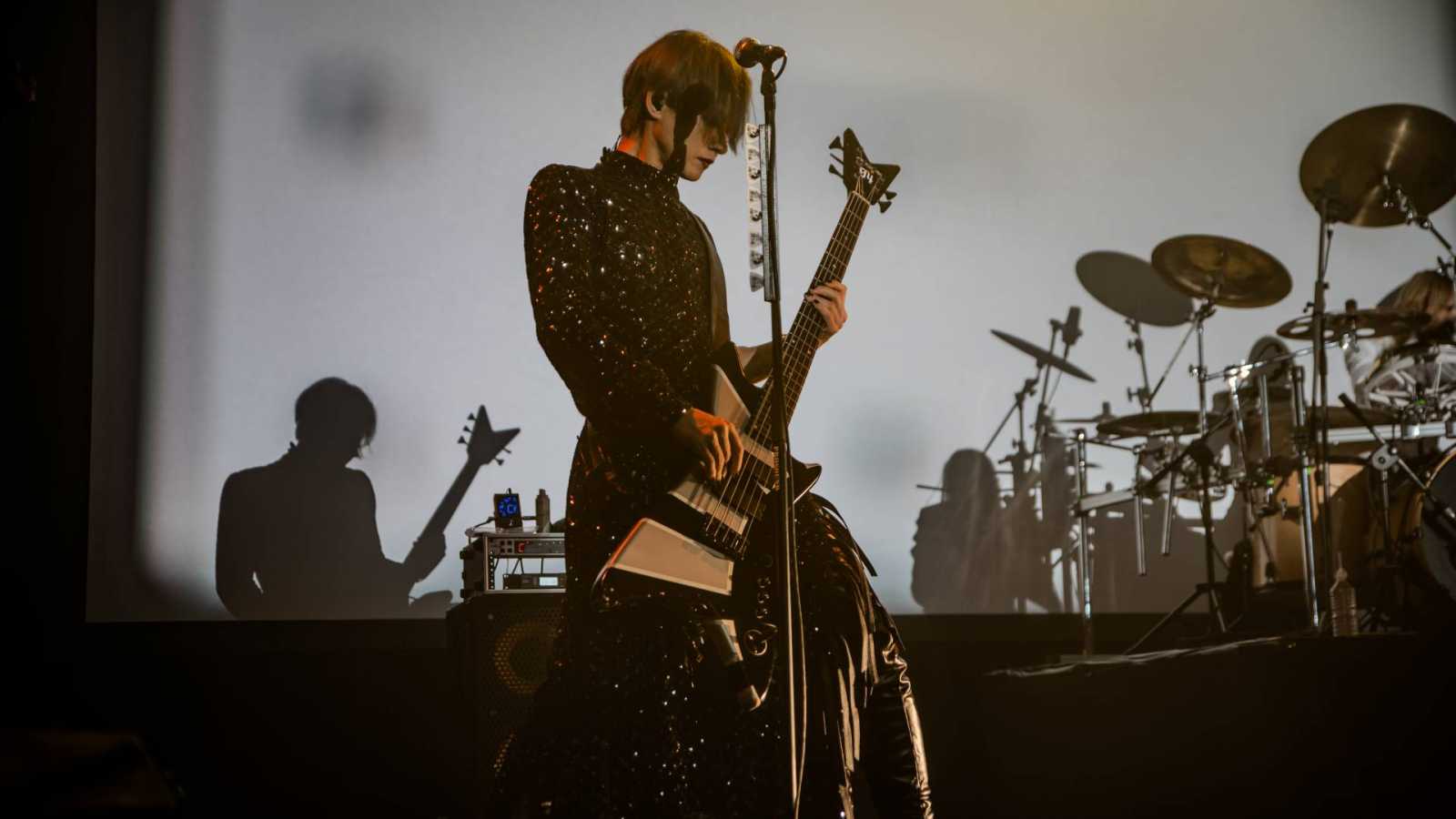JaME is a multi-lingual information website and database about Japanese music. No article published on this website is used for commercial purposes. Although every effort is made to ensure the correctness of information published on JaME, this website may inadvertently contain technical inaccuracies or typographical errors. JaME assumes no responsibility for errors or omissions in this website or other websites that are referenced by or linked to this website. Should the user of this website wish to inform JaME of any inaccuracies or errors found in any part of this website, please contact the JaME team via the contact form.
JaMEは日本の音楽を専門とした多言語の音楽情報とデータベースサイトです。当サイトに掲載されている記事は営利を目的としておりません。JaMEに掲載される情報の正確性には最大限の注意を払っておりますが、故意ではない技術的な誤りや、誤字脱字がサイト内に含まれている可能性があります。JaMEがリンクしている、またはリンクされているサイト上にある誤りや見落としに対してJaMEは一切の責任を負わないものとします。JaMEのユーザーの方で掲載内容の訂正や修正のご希望がある場合は、コンタクトフォームより当サイトの担当チームまでご連絡下さい。
JaME © 2004-2024 Japanese Music Entertainment - All Rights Reserved



